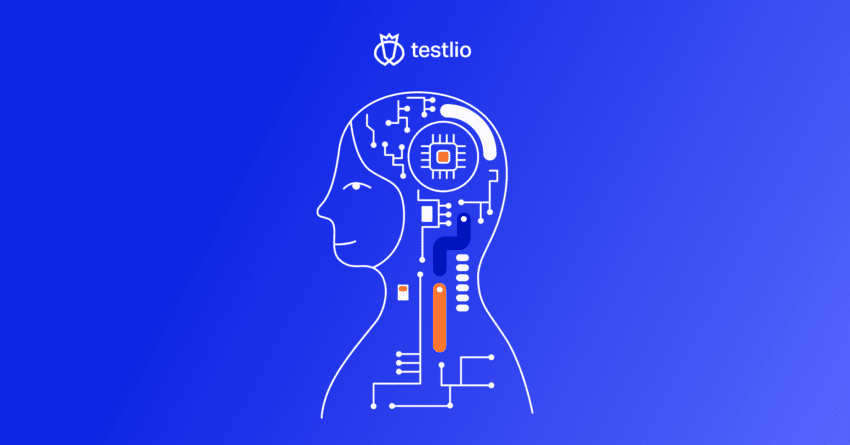Platform leverages 13 years of crowdsourced testing data to deliver intelligent automation and set new industry standards.

The Missing Discipline in AI QA: Verifying “System Prompts,” Not Just User Prompts
Most product teams today are very good at one thing: testing what happens when a user types a prompt.

Cyberweek 2025: Key Trends in Payments Testing
Cyberweek 2025 demonstrated something unmistakable: the way customers shop, choose, and pay has changed permanently.

The Rise of Identity-Verified AI Agents, And the New QA Reality
For a long time, we spoke about “AI agents” like they were a future concept, something that might eventually book flights, run workflows, or make payments on our behalf.

The Unsung Harmony: How Accessibility and Localization Dance Together
Accessibility and localization often seem like separate disciplines, each with its own set of guidelines and goals.
Model Guardrails Are Getting Better. That Doesn’t Mean Your Product Is Safe.
Over the past few years, model providers have invested heavily in “guardrails”: safety layers around large language models that detect risky content, block some harmful queries, and make systems harder to jailbreak.

The New Era of AI Testing Careers: How Roles, Skills, and Opportunities Will Evolve in 2026
AI testing careers are shifting in ways that most people in QA are not fully prepared for, and the changes are creating opportunities that did not exist even a few years ago.

Key Takeaways from Our AI Quality Discussion
AI systems change faster than traditional QA models can react, which means quality risks now emerge in real time rather than at release.

Three Shifts Defining AI Testing in 2026
AI is evolving faster than the guardrails meant to validate it, leaving organizations exposed to compliance risk, model drift, opaque decision paths, and breakdowns in trust.

Testlio Doubles Down on AI Safety and Reliability with End-to-End AI Testing
Solution combats AI hallucinations, bias, and privacy threats as early-adopter data shows 82% of AI bugs stem from misinformation and high-severity accuracy failures.
